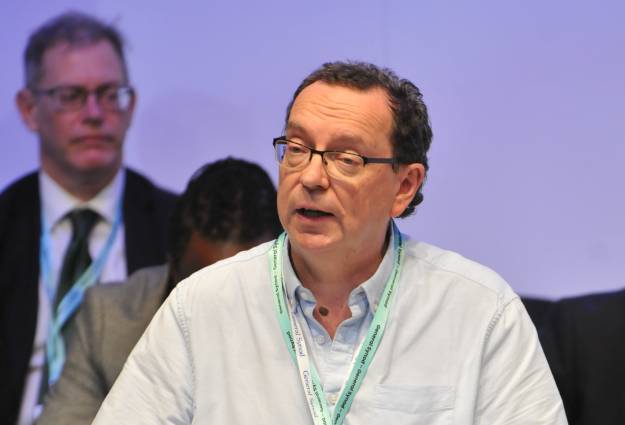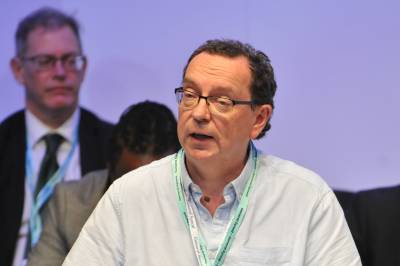12/10/2023
By Bishop Philip Mounstephen
Hello. Welcome to the first of a series of blog posts featuring the voices of some of those involved with and affected by the creation of a National Redress Scheme.
As Chair of the National Redress Scheme Project Board, my responsibility is to oversee the work needed to deliver the Redress Scheme for survivors and victims of Church-related abuse. I have been invited to contribute to this Redress Blog, and I want to use the opportunity to introduce myself, and to highlight some of the progress we are making to deliver this vital project.
What does “redress” mean to you?
“Redress” isn’t a word that is commonly used, and in the context of Church-related abuse, redress is about helping, in some way, to rebuild the lives of those who have been so hurt by it. What that might mean to you, as a survivor of Church-related abuse, is likely to be different to someone else. Through anonymous surveys, workshops and working groups, survivors are telling us that the Scheme must offer forms of redress most appropriate to the individual. This might include financial redress, but could also include other things like therapeutic support, counselling, and personal apologies. Work is underway with survivors and the project team to develop these ideas.
For the Church, my hope is that the Redress Scheme will offer all parts of the Church the opportunity to demonstrate in tangible and practical ways its contrition and repentance and to express that it is truly sorry for its past failings relating to safeguarding. Redress is about the whole Church recognising the abuse survivors have experienced and taking real steps toward helping individuals to recover and, to some degree, to rebuild their lives.
I am aware that these words may seem a little hollow to some, and that for survivors and victims of Church-related abuse, the delivery of a National Redress Scheme will not come quickly enough. I have been told directly by survivors that they want action, not more words. I understand that frustration, particularly if you - as I know is true for some – have waited years for a process that has long promised to address the wrongs that have caused such harm.

"I want to say with confidence that it’s been carefully considered, and that it’s truly compassionate, fair, and transparent."
It is vital we get this right
I want to assure you of my own personal commitment to this project. The whole project team and I are working hard behind the scenes to bring the Scheme to launch. As Chair of the Project Board, I am doing what I can to keep things moving along as quickly as possible, while remaining as focussed as possible on the detail.
The task is complex and involves careful consideration of a number of interlocking legal, financial, and ethical aspects, and, while I am keen that we open the Scheme for applications soon, it is vital we get this right: not doing so would only serve to undermine the credibility of the Scheme, which would benefit no one.
Once a firm timeline has been agreed, we will update information on the website to reflect this. The Scheme will also be publicised widely ahead of time so that no one who is eligible to apply misses out.
When it comes to launch the National Redress Scheme, I want to say with confidence that it’s been carefully considered, and that it’s truly compassionate, fair, and transparent.
A sincere ‘Thank You’
In closing, I want to express my deepest gratitude to everyone involved in this vital work. I am particularly grateful to the survivors who are working on the project, often at great personal cost. Your generous contribution of time and energy is critical to the Scheme’s development and success, and your courage inspires me every day. The experience and wisdom you bring is central to us developing the National Redress Scheme.


